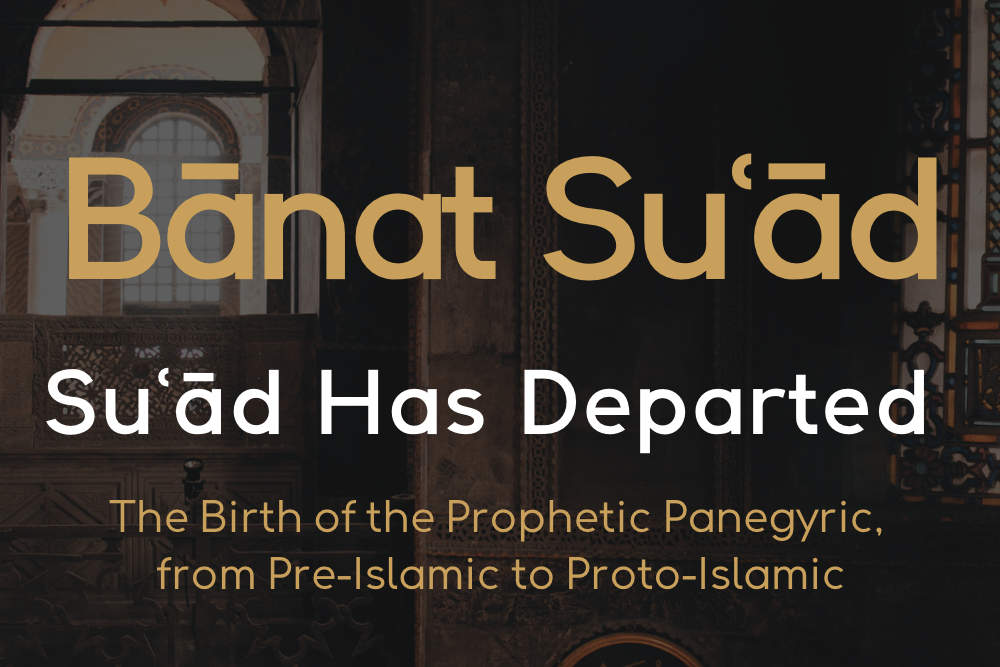Kaʿb ibn Zuhayr was the scion of a poetic household and the father of the Prophetic panegyric (madīḥ), or poem in praise of the Prophet Muhammad ﷺ.
According to Sīrah, Kaʿb recited his poem before the Prophet Muhammad ﷺ by way of apology, after which the Prophet ﷺ granted him his mantle (burdah), making this the first poem to bear the sobriquet Qaṣīdat al-Burdah (‘The Mantle Ode’).
Historically, the miraculous challenge of Qur’anic eloquence was first directed at the poets of Arabia. In order to understand the miracle of the Qur’an, we must first understand the masterful eloquence of revelation-era poets.
Note: This is an on-demand course, where you will be given access to the course recordings and material to review in your own time. This will be sent approximately 24 – 48 hours from registration.







